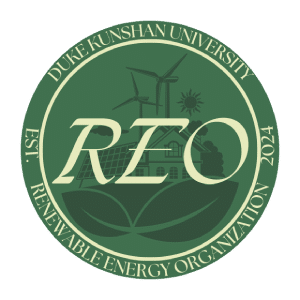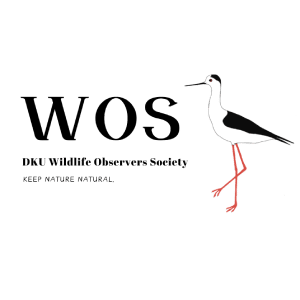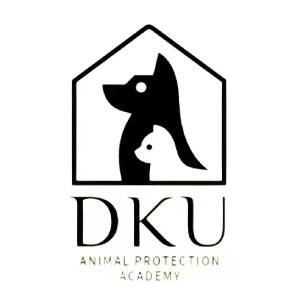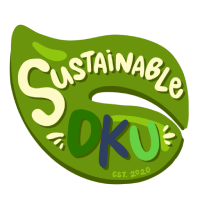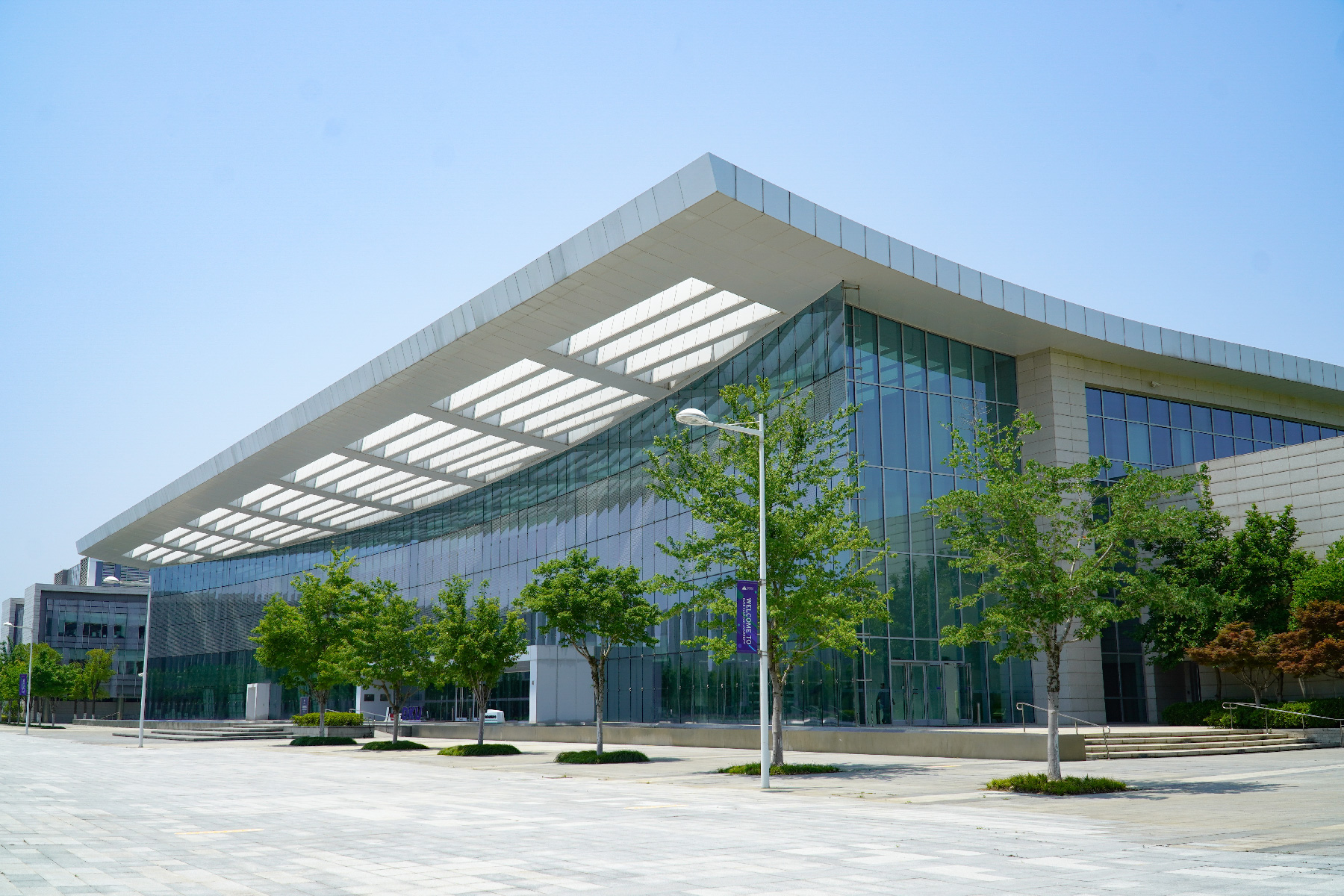
The Duke Kunshan University Climate and Sustainability Initiative (CSI) was officially launched in April 2024 to promote sustainable development at DKU through education, research, campus operations, and external engagement.
DKU offers a large number of courses on sustainability and the environment, and many more courses in non-environmental disciplines have mainstreamed sustainability. Moreover, since sustainability-related activities have been included in the orientation program, introducing every new student to related issues and features of the DKU campus and showcasing sustainability as a core DKU value.
DKU’s sustainability research is also very productive. With 29 DKU faculties from all disciplines affiliated to the Environmental Research Center (ERC), it contributes to global research on issues as diverse as climate modelling, carbon trading and finance, new materials, conservation biology, international cooperation, environmental humanities, etc. Sustainability is also a pillar of the scientific collaboration with Duke University. This orientation provides ample opportunities for students to engage in research, innovation, and entrepreneurship.
DKU campus offers an ideal context to develop sustainability education and research. Since the onset, sustainability has been integrated into campus design, including through the use of energy-efficient and water-saving technologies, advanced air and water purification systems, and pioneering sponge city and anti-bird collision designs. As the first university in the country to have received LEED certification for both its t, it showcases how a harmonious relationship between campus and the environment can be pursued and sets a precedent for sustainable development within China’s higher education sector.
The CSI builds on and expand these efforts by launching and implementing more sustainability projects on campus through a multi-stakeholder, broadly consultative approach involving students, faculty, and staff. This will enable DKU to contribute to the mainstreaming of sustainability in high education and to the realization of a global Ecological Civilization.
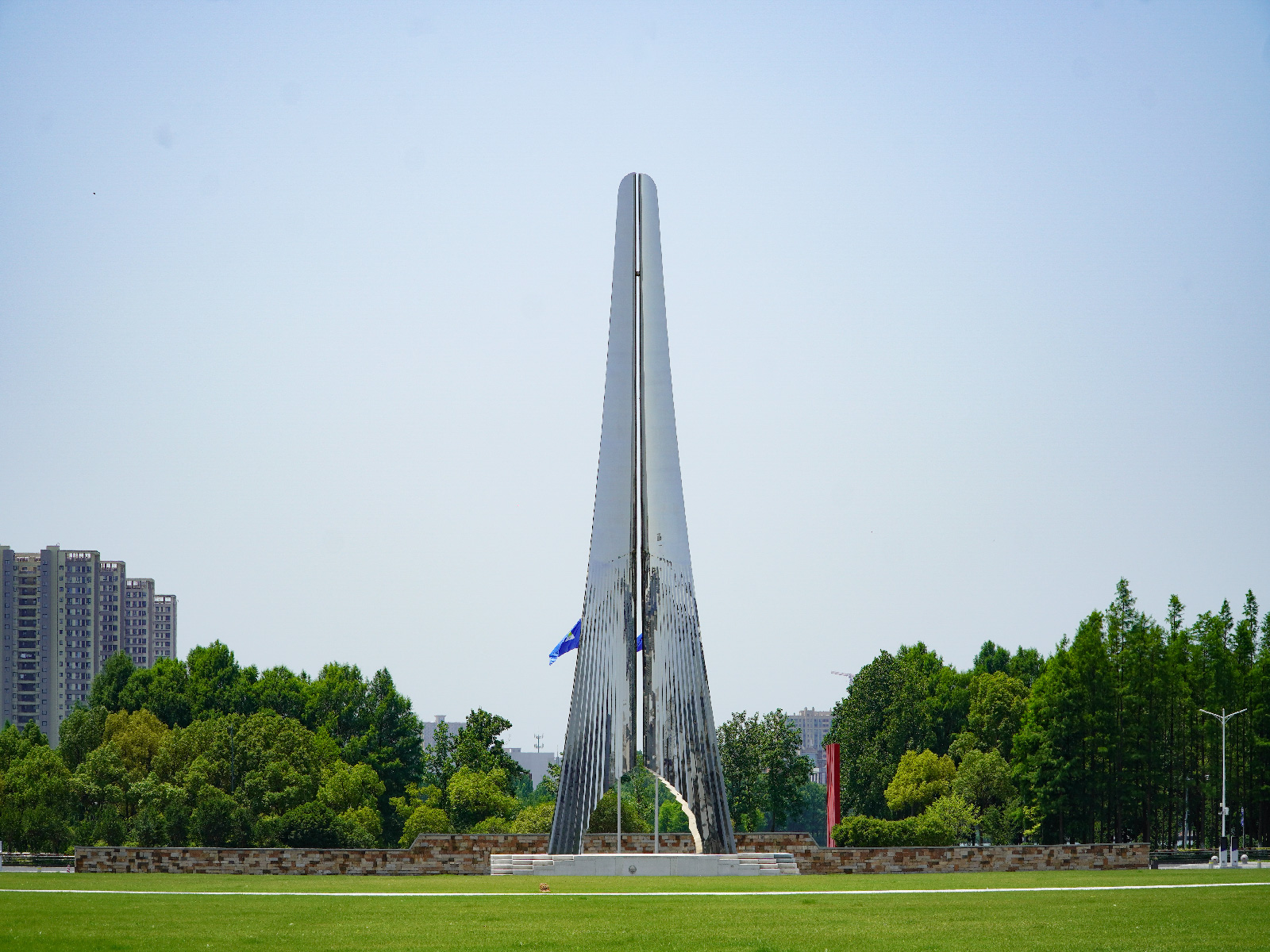
Our vision is to integrate sustainability into every facet of campus life - including education, research, operations, and societal engagement, and champion DKU’s ambition to become a leading 'Green University' in China.
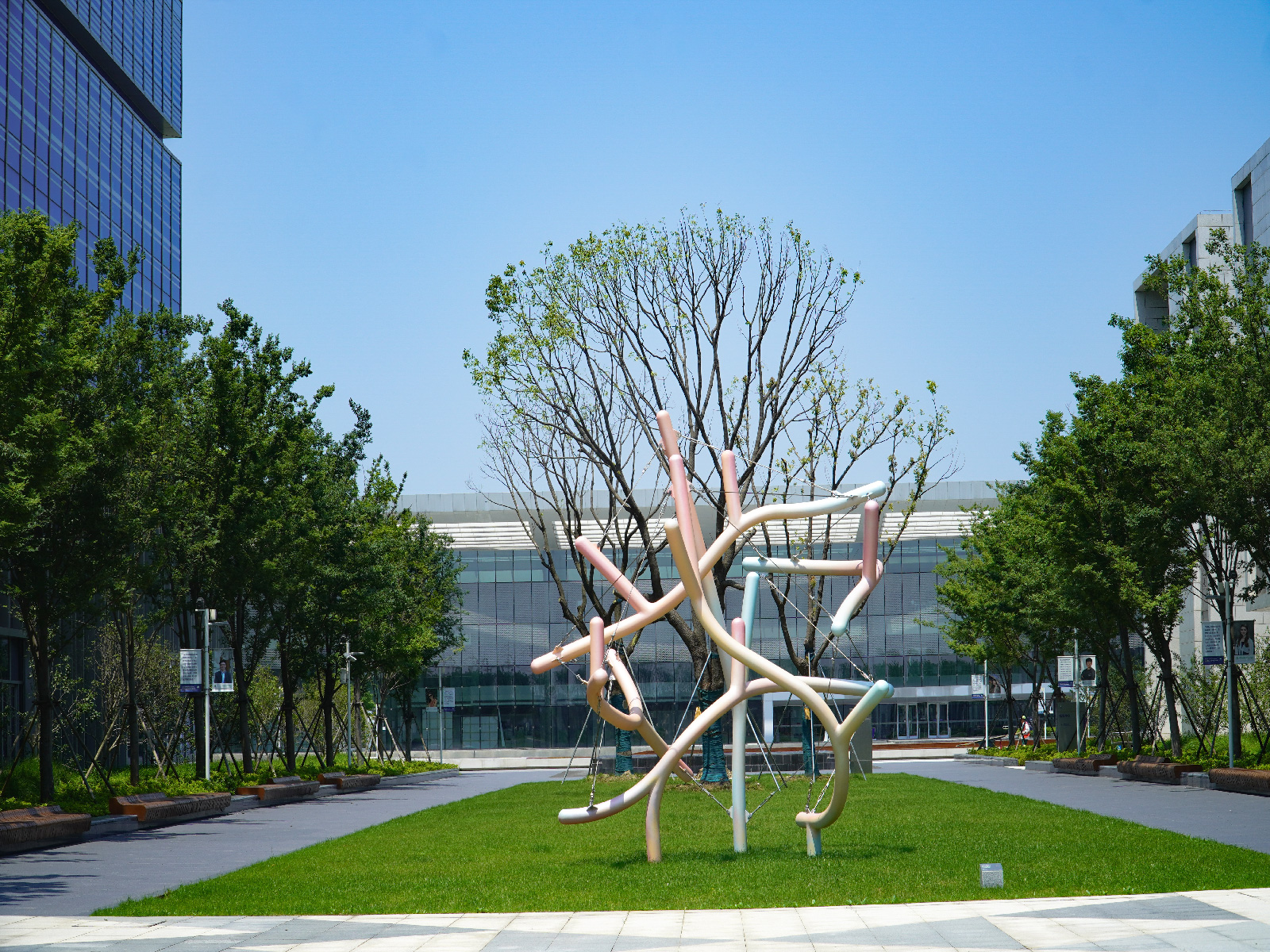
We will take the lead in designing, formulating, and implementing DKU’s sustainable development pathway, strategic plans, and climate commitments under the guidance of the DKU leadership. By leveraging DKU's rich intellectual resources, and facilitating and promoting collaboration among students, faculty and staff, we will help DKU pursue both short- and long-term initiatives that embed sustainability values into the university’s core ethos.
The CSI works through an Executive Committee and the DKU Sustainability Committee, which drive the development and implementation of DKU’s sustainability strategy. It also facilitates and oversees sustainability-related projects on campus, in collaboration with campus operations. Additionally, it functions as a knowledge hub, connecting various operational, academic, and student experience departments to enable the smooth and harmonious development of bottom-up, faculty-led and student-led sustainability initiatives.
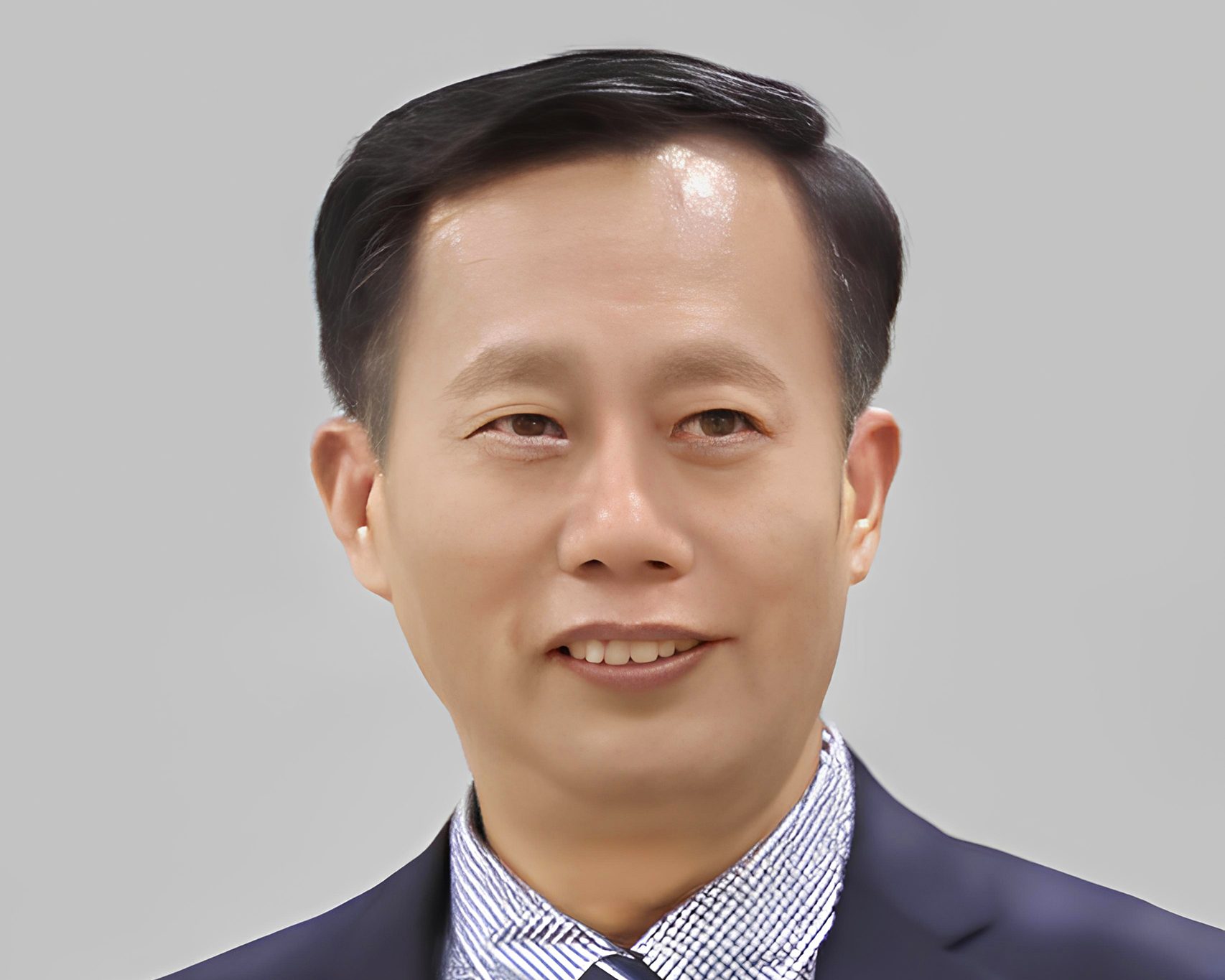


The current sustainability governance structure at DKU leverages the rich intellectual resources of the DKU community and adopts a bottom-up approach to drive institutional change toward sustainable development.
The CSI Executive Committee, consisting of seven members, reports directly to the DKU leadership. It leads the agenda and supports the work of the DKU Sustainability Committee. The Sustainability Committee includes 32 members nominated from faculty, staff, and students, ensuring a broad and consultative process in advancing sustainability at DKU. The Sustainability Academy Fellowship, made up of faculty members with expertise in different aspects of sustainability, provides expertise and mentorship for the development of sustainability strategies and projects.
The CSI Executive Committee takes the lead of project implementation by closely collaborating with and mobilizing various DKU offices and groups.
The DKU Sustainability Committee (SC) was established and convened for the first time in February 2025. It supports the development of the CSI and promotes a culture of sustainability and environmental stewardship within the DKU community and beyond. The SC’s current main task is to develop a Sustainability Strategy for DKU by the end of 2025.
The SC comprises of 32 representatives from faculty, students, and staff, which ensures that diverse voices from the DKU community are included in the development and implementation of sustainable development efforts. Except for students, its members are appointed for a two-year term. It is chaired by Pr. Coraline Goron and includes the CSI Executive Committee members ex officio. The SC meets monthly during the academic year to review DKU’s progress toward sustainability and to exchange ideas on related issues.
The SC has established four sub-committees: Education, Research, Operations, and Engagement. Each sub-committee is led by a chair and an associate chair and includes dedicated members from the CSI Executive Committee for additional support.

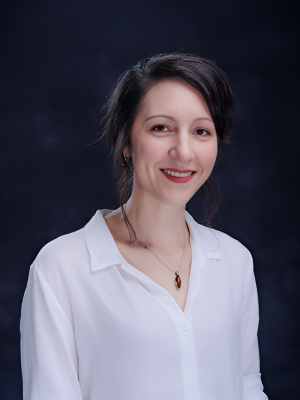



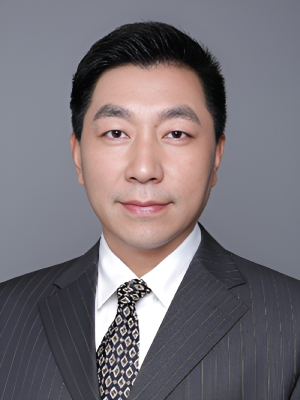
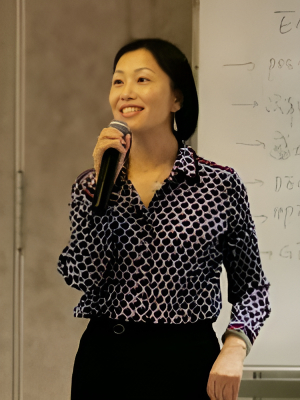
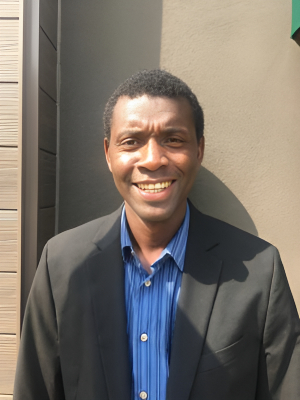



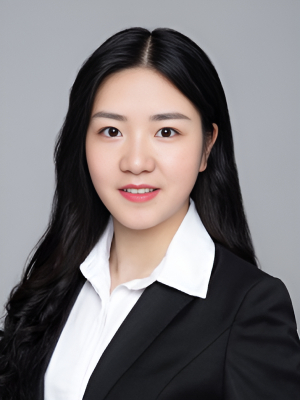
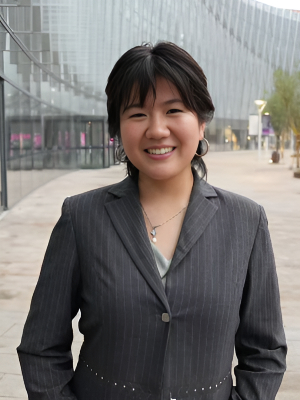


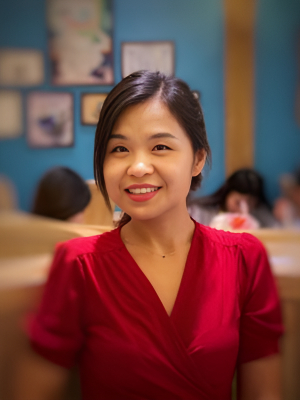
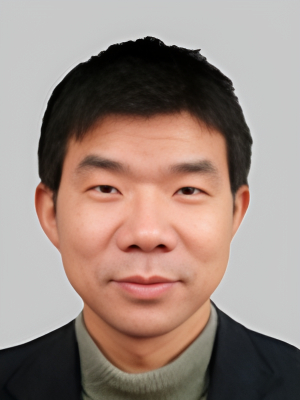

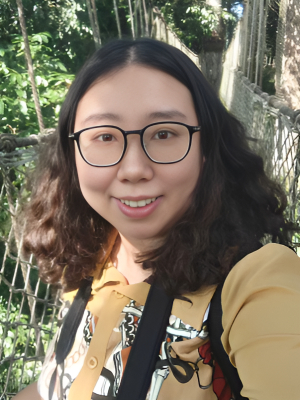

The DKU Sustainability Academy is a dedicated group of faculties contributing to campus sustainability efforts officially established at the end of 2024. Its members are appointed for 2 years and provide intellectual resources, along with scientific and technical expertise, to support the sustainable development of the DKU campus across various areas.





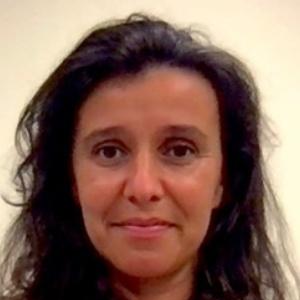

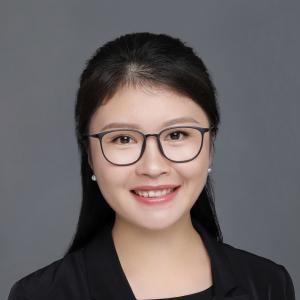
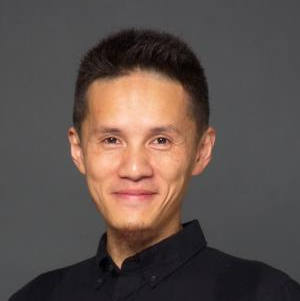




DKU Climate Sustainability Initiative (CSI) Website Content Creator
Yuhan is pursuing a degree in Biology in Global Health. Yuhan has a strong interest in science communication, sustainability, and gender issues. Yuhan has participated in a range of academic and extracurricular projects. Due to the strong interest in environmental protection and animal observation, Yuhan dedicated herself to creating content for CSI website. Also, Yuhan participated in Lianyungang bird observation program. She enjoys playing badminton, cooking, playing the piano, dancing, and watching films.
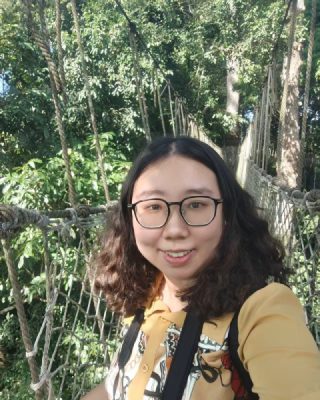
Student Leader for Campus Biodiversity Project
Xinxue is a first-year master's student in Environmental Policy at Duke Kunshan University. With diverse professional experience, she has worked as a landscape designer, horticulturist, nature education instructor, and has participated in sustainable community development and ESG consulting projects. On campus, she actively promotes environmental initiatives, including community garden construction, cafeteria carbon labeling campaigns, and used item donation programs. Xinxue is particularly interested in low-carbon cities and circular economy. She firmly believes that when individual environmental actions come together, they can create tangible improvements for our planet.

Student Leader for Campus Biodiversity Project
Elsie, studied Environmental Science as an undergraduate at Beijing University of Technology, and currently pursuing a master's degree in International Environmental Policy at Duke University.
My internship experiences in environmental NGOs and tech enterprises have shown me the power of applying policy frameworks to grassroot initiatives. I am convinced that sustainable development thrives on collaborative efforts across diverse stakeholders.
I am dedicated to addressing environmental pollution, combating climate change, and protecting biodiversity, approaching the interconnectedness of all life with profound reverence.
—Soil to sky, life intertwines - no step forward leaves another behind.
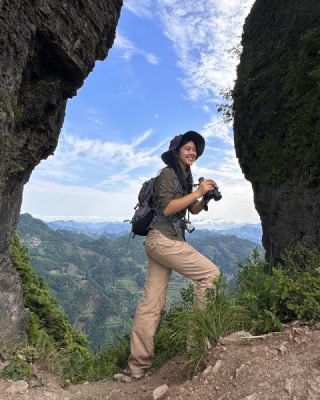
Student Leader for Campus Biodiversity Project
Shuyi is a first-year master student of Environmental Policy at Duke Kunshan University. Her research is on the biocultural forces behind livelihood transformations in China's ethnic minority autonomous region of Xiangxi, Hunan. She is a lifelong student of nature and enjoys a good hike in the remote mountains. Before entering her master's studies, she worked with local non-profits in China on environmental education and agricultural climate adaptation. Shuyi holds a BA in Environmental Studies from Mount Holyoke College.
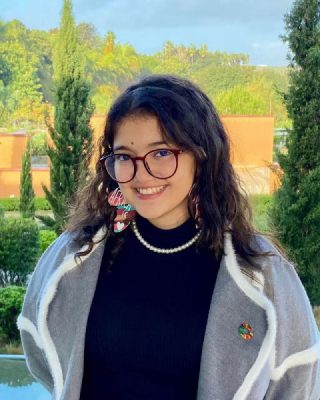
DKU Sustainability Report Student Leader
Manal Bidar is a climate activist and youth advocate from Morocco with over eight years of experience in advancing climate action and youth engagement. She is the founder of the Moroccan Regional Youth Governments Initiative, a platform that mobilized over 20,000 young Moroccans to participate in policymaking at the local, regional, and national levels on issues aligned with the Sustainable Development Goals. Manal has worked with more than 30 organizations, including YOUNGO, the official youth constituency of the UNFCCC; the UNCCD Youth Caucus; and the African Youth Climate Hub, focusing on integrating young people into decision-making processes and promoting inclusive climate policies.
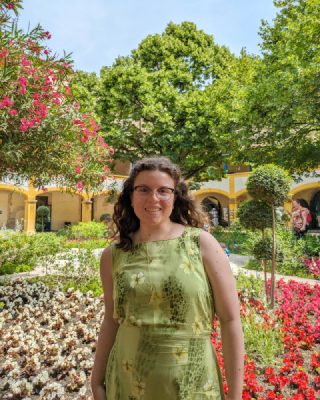
DKU Sustainability Report Student Leader
Isabella is a recent graduate from the class of 2025 majoring in Computation and Design with a concentration in Environmental Sustainability. She is a research team lead for the 2024 sustainability report, helping to lead the Energy and Carbon team and the Biodiversity team. She is passionate about the sustainable energy transition and loves biking.

DKU Sustainability Report Student Leader
Tianyi Ma is an undergraduate from the class of 2027 at DKU, majoring in Institutions and Governance / Public Policy. Passionate about sustainability and environmental policy, she has been involved in several sustainability-related projects. She is currently working as one of the student leaders of the DKU Sustainability Report 2025, supervising the Water section and the Healthy and Climate-Resilient Building section. Born and living in Hangzhou, she loves travelling, playing chess, and watching movies.
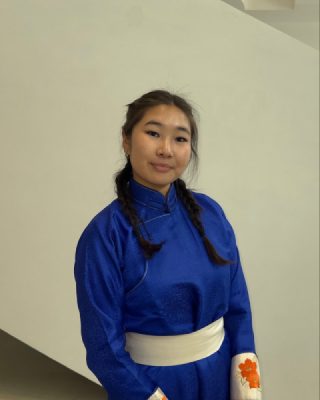
DKU Sustainability Report Student Leader
Buyanzaya (Bunzo) is from the Class of 2025, majoring in Political Economy/Economics. Originally from Ulaanbaatar, Mongolia, Bunzo has a strong interest in environmental economics, especially carbon markets. She is passionate about driving impactful change in this field back home. As part of her commitment to sustainability, she became one of the student leaders for the DKU Sustainability Report 2025. She is leading the Food section and co-leading the Energy section with Isabella. She is very glad to be part of this team, and it has been a pleasure working together with Yi Yu and Professor Goron.
